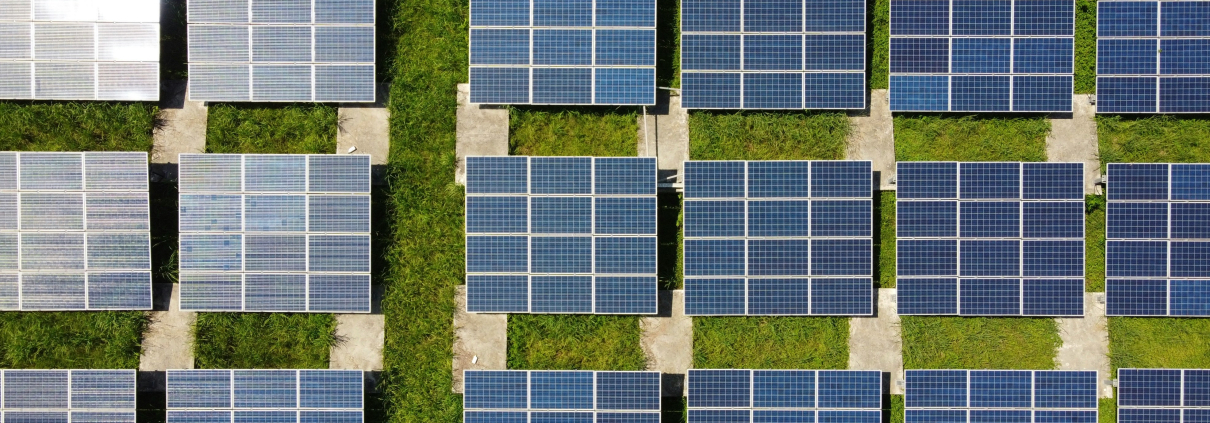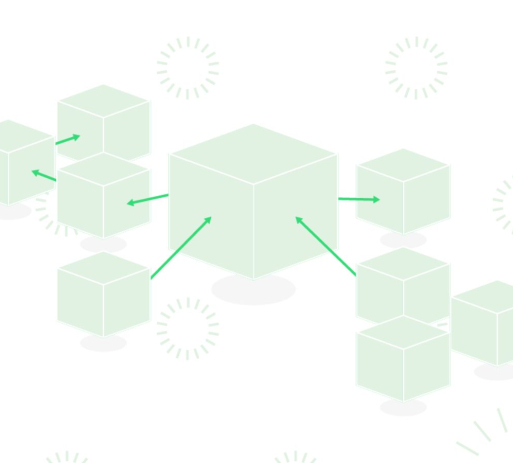Energy communities empowerment: the role of Renewable Energy Prosumerism
DATA CELLAR is pleased to announce the publication of a significant paper titled “Can renewable energy prosumerism cater for sufficiency and inclusion?”. This paper, authored by our partner Nicola Labanca from Trilateral Research, provides relevant knowledge on the integration of sufficiency and inclusivity concerns in renewable energy prosumer initiatives.
The study presents the results of a comprehensive narrative literature review focusing on renewable energy sources (RES) prosumerism research. It explores how sufficiency and inclusivity concerns emerge over time with the socio-technical narratives characterising renewable energy prosumers’ initiatives. By employing machine-learning topic modelling and qualitative thematic coding, the paper identifies key topics, themes, and narrative elements related to sufficiency and inclusivity in renewable energy prosumerism.
The findings reveal distinction in the points of departure in the intersection of RES prosumerism, sufficiency and inclusivity. From early discussions (2005-2018) on energy citizenship, grassroots initiatives, and collective prosumer initiatives, to regulated and institutionalised energy communities (2019-2023). It underscores the importance of understanding the relational and systemic dynamics of prosumer projects within local socioeconomic, socio-political, and cultural contexts. While sufficiency and inclusivity have not always been primary concerns, exceptions are found in research focusing on “energy commons” and “grassroots innovations”.
This research is particularly relevant to DATA CELLAR’s mission of supporting the development and management of local energy communities (LECs) in the European Union. By emphasising the interaction between sufficiency, inclusivity, and renewable energy prosumerism, the paper offers valuable insights for policymakers and stakeholders involved in sustainable energy transitions.
Renewable energy prosumerism has been approached in several ways, such as simply “prosumers” (referring to individuals), but also as “community energy initiatives”, “renewable energy cooperatives” and more recently as “energy communities”. The different designations reflect the overall narrative about how RES prosumerism has been approached by academia. Renewable energy prosumer initiatives have the potential to contribute significantly to the diffusion of decentralised smart energy systems, thereby facilitating the adoption of renewable energy sources on a broader scale. However, the study emphasises the importance of ensuring that these initiatives prioritise sufficiency and inclusivity to achieve sustainability goals effectively.
The paper also underscores the need for innovative policy options to support sustainable renewable energy prosumerism. It calls for policies that promote energy sufficiency, inclusivity, and equitable access to renewable energy technologies. Moreover, it advocates for a holistic approach that considers the diverse socioeconomic and cultural contexts within which prosumer initiatives operate. In this regard, it is explained that for marginalised communities in developing nations, renewable energy prosumer initiatives offer a pathway to achieving energy sufficiency and fostering autonomy, although impeded by infrastructure challenges requiring investment. On the other hand, in wealthier nations, sufficiency and inclusivity are framed with advanced smart energy systems, in need of policies that balance demand limitations with democratic participation to prevent rebound effects and promote equitable resource distribution. Emphasising sufficiency can drive more equitable solutions, supported by principles of sharing and recycling facilitated by local government incentives. Overall, tailored approaches are vital to empower marginalised communities and promote collective action, unlocking the transformative potential of renewable energy prosumerism in driving sustainable energy transitions worldwide.
DATA CELLAR recognises the importance of integrating sufficiency and inclusivity principles into renewable energy prosumer initiatives. By leveraging insights from this paper, the project aims to enhance its efforts in creating a data space that facilitates the development of inclusive and sustainable local energy communities.
Through collaborative research and innovative solutions, projects like DATA CELLAR are poised to leverage insights from this research to drive impactful change in the energy landscape and contribute to building a more resilient and equitable energy future for all.
Read and download the full paper here.





